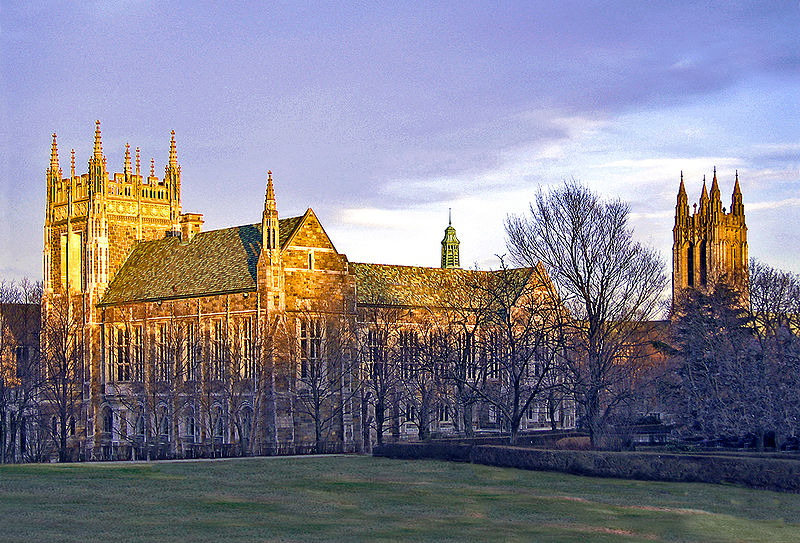The heady world of academia crashed headlong into reality this week when a former Irish Republican Army leader was arrested for the four-decade-old murder of a widowed mother of ten. The evidence that led to the arrest of 77-year-old Ivor Bell was gained in part from interviews done through Boston College’s Belfast Project. The project collected conversations with members of the IRA and other paramilitary groups active during the Troubles.
The interviewees were apparently told that their interviews would remain sealed until their deaths. But, as it turns out, there’s no such thing as researcher-interviewee or, more accurately, faculty-criminal privilege. And over the past couple of years, the federal government, in cooperation with Irish authorities, have subpoenaed these interviews. Boston College has, at various points, tried to block the release of this information. But to no avail.
A couple of months ago, in an exhaustive investigation for the Chronicle of Higher Education, reporter Beth McMurtrie attempted to explain the origins of the project or how it came to be that no one at BC apparently legally vetted this project before allowing it to proceed.
The executive director of the program, Thomas Hachey, told McMurtrie that such matters hadn’t really occurred to him:
The intent was to preserve these for other generations to profit from it, through a study of the phenomenology of sectarian violence. . . . I don’t think any pretense was made by any of us at the time that this was going to be following the template for official oral history.
I’m not sure what that means but for a historian of modern Ireland it demonstrates a remarkable degree of naivete. Did he really think that once it became public that he was conducting interviews with murderers that no one would be interested—beyond those who care about the “phenomenology of sectarian violence”?
Anthony McIntyre, the historian conducting the interviews, probably had some a better sense of what he was getting himself into—having been a former member of the IRA himself. He describes to McMurtrie the extraordinary lengths he went to in order to keep the interviews secret. And McMurtrie describes McIntyre thus:
He does not hide his past: A memorial sculpture, given to him by fellow prisoners upon his release, sits proudly on a bookshelf in his home. But he also speaks fluidly about his disillusionment with the IRA’s Marxist trappings, his youthful faith in the cause, and the danger of judging people’s actions in war through the prism of peace. His bookshelves are packed with works by or about Marx, Chomsky, Guevara, Indira Gandhi, and Stalin.
This is the man whose judgment Hachey (and, by extension, the BC administration) trusted in this project. Hachey told McMurtrie: “Ed Moloney [a friend of McIntyre’s] is the specialist, prize-winning journalist on Northern Ireland. McIntyre served in the paramilitaries. I thought that if they thought it was safe enough …”
Even if universities sometimes forget, it’s nice to know that at least the federal authorities realize innocent lives taken in these conflicts are more than just fodder for academic journals.






